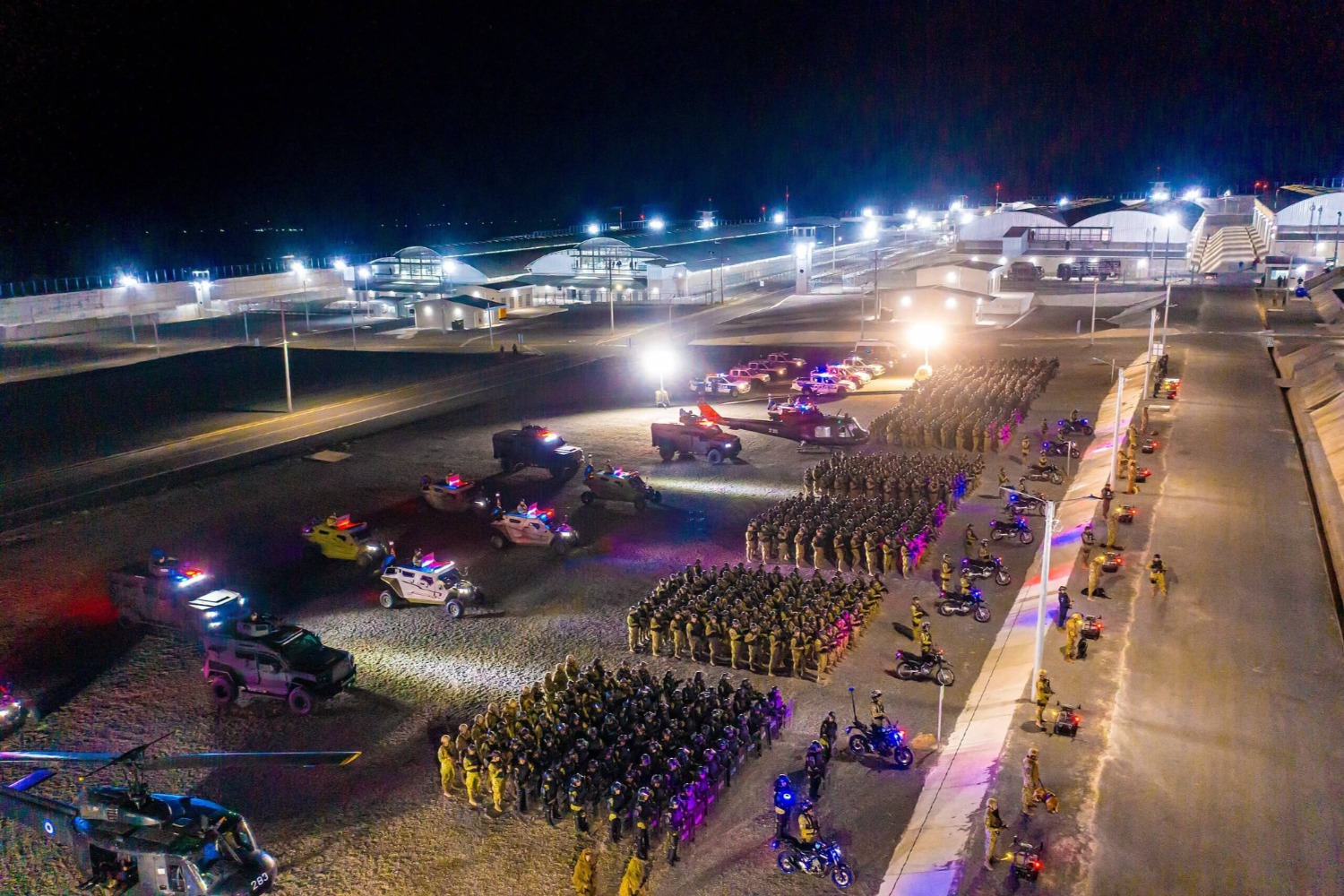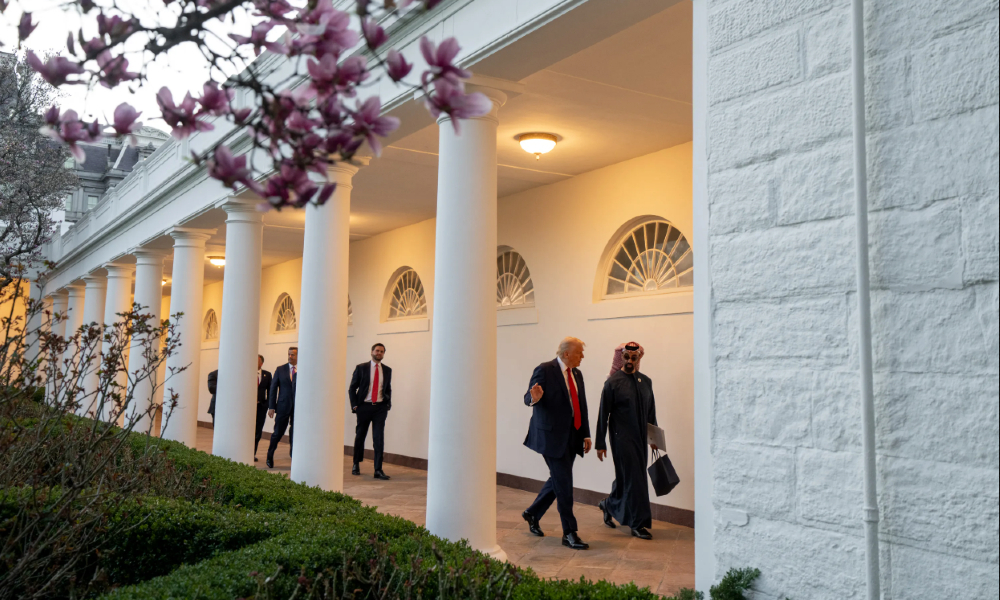No, New Xinjiang Legislation Does not Legalize Detention Centers
There has been a rash of reports that recent legislation in the Xinjiang Uyghur Aut
Published by The Lawfare Institute
in Cooperation With

There has been a rash of reports that recent legislation in the Xinjiang Uyghur Autonomous Region in China has legalized the detention camps where as many as a million Uyghurs and others have been detained for “re-education.” But the legislation does no such thing. Here’s why.
Under both Article 37 of China’s Constitution and Articles 8 and 9 of its Law on Legislation, the physical restriction of personal liberty is permitted only  pursuant to statutes passed by the National People’s Congress or its standing committee. This is a fundamental element of the Chinese legal system, and it’s why shuanggui (or “double-designation”—the internal Party disciplinary process under which people could be forcibly detained for investigation) lacked a proper legal basis until the passage of the Law on Supervision earlier this year.
pursuant to statutes passed by the National People’s Congress or its standing committee. This is a fundamental element of the Chinese legal system, and it’s why shuanggui (or “double-designation”—the internal Party disciplinary process under which people could be forcibly detained for investigation) lacked a proper legal basis until the passage of the Law on Supervision earlier this year.
Overwhelming evidence shows that detentions in the re-education camps are not being carried out pursuant to any such statute. There is no pretense that any of the possibly relevant substantive or procedural laws (the Criminal Law, the Criminal Procedure Law, the Counter-Terrorism Law or the Security Administration Punishment Law) are being applied. People are simply taken away.
The Xinjiang legislation does not change any of this. It was both passed (in 2017) and amended (on Oct. 9 of this year) by the Standing Committee of the Xinjiang Uyghur Autonomous Region’s legislature. That body is not the National People’s Congress or its Standing Committee, and has no legal authority to prescribe measures for detention.
Even if Xinjiang’s legislature did have such authority, the legislation in question would not create a legal basis for the detentions. The legislation talks about “education and training centers,” but it says nothing about those facilities being places of mandatory detention and prescribes no procedures for identifying who should be sent there. It cannot possibly be maintained that a local regulation, simply by mentioning the term “education and training center,” has thereby legalized anything that might go on in a facility so designated by the local government. Why stop at saying that detentions have now been legalized? By the same logic, one could say that torture and executions at these centers have now been legalized.
Finally, even if this legislation made these detentions lawful in Xinjiang, it would not make them lawful anywhere else—and it appears that detainees are now being shipped in large numbers off to other provinces.
Earlier this week on Lawfare, Hilary Hurd had a fine post on human-rights abuses against the Uyghurs under international law. But we need not reach international human-rights law: these centers are illegal even under Chinese law.
Correction: A previous version of this article cited Articles 9 and 10 of China's Law on Legislation as permitting restrictions on personal liberty only pursuant to statutes passed by the National People's Congress or its standing committee. In fact, Articles 8 and 9 of that law do so. (Oct. 16, 2018 at 1:26 p.m.)





